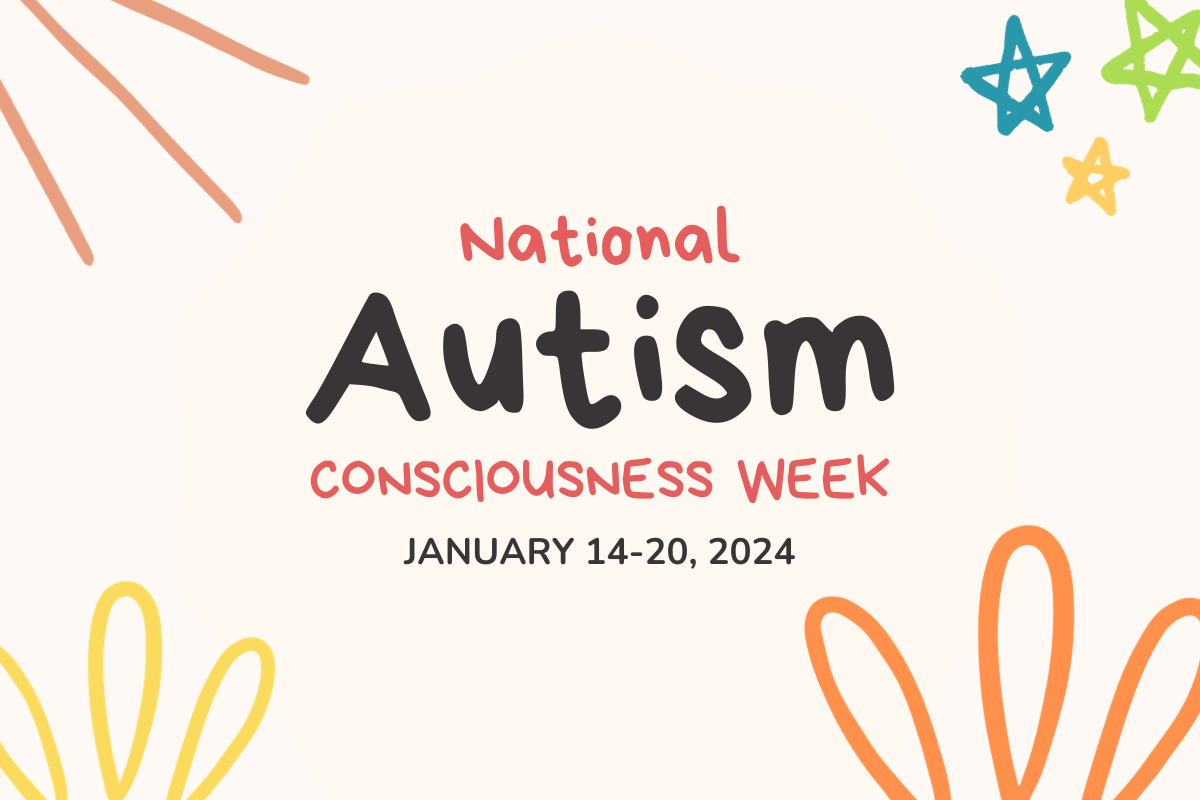Autism is not a disease. It impairs a person's social communication and interactions. A neurological disability known as autism spectrum disorder (ASD), it affects how people see and interact with their environment. Symptoms include difficulty processing everyday sensory information, displaying restrictive or repetitive behaviors, and delays in language and cognitive development. Rather than a flaw or an illness, it is a developmental difference.
In the Philippines, lack of early diagnosis and intervention remains a key gap. Stigma and misconceptions fuel discrimination against individuals with autism.
In a world that frequently resonates with diversity, human experiences are broad and varied. However, there lies a world that is often disguised in a lack of understanding - the world of persons with autism. Too frequently, society unconsciously holds onto stereotypes, creating obstacles that hinder empathy, connection, and realizing the immense potential among those on the spectrum.
Stereotypes about ASD are harmful because they increase the risk of bullying and discrimination.

Many people have the misconception that individuals with ASD are violent or aggressive. Realizing that outbursts happen to everyone, including them, is important. Usually, certain triggers cause these outbursts, similar to how often people respond in similar ways.
They frequently display aggressive actions as a result of sensory overload or mental distress. It is rare for someone with ASD to act violently or to threaten others or the community. Since social settings may be confusing and anxiety-inducing, many of them decide to minimize their exposure to and contact with others.

From the 1950s through the 1970s, ASD was misdiagnosed as a psychological disorder, and blame was frequently placed on parents—usually mothers—who were seen to be cold and uncaring.
It has been disproved by science, and ASD has been linked with brain development with recognizable genetic factors. Parents must understand that nothing they did contributed to their child's diagnosis.

Numerous studies have continuously failed to find any proof that a childhood vaccine causes ASD. Many studies have dismissed any such association despite worries regarding a possible link. The Institute of Medicine, formerly known as the National Academy of Medicine, extensively analyzed eight vaccinations given to adults and children. With very few exceptions, the results confirm the safety of these vaccinations. It is important to stress that vaccinations must pass thorough safety testing, including extensive clinical studies, to be approved for use in the general population.

All people experience empathy. However, individuals with ASD may express it in ways that can be more challenging to recognize. If they appear "cold or uncaring," it could be due to heightened anxiety or other factors.
ASD currently has no known treatment. However, early and intense behavioral therapy has shown promise in many cases to reduce the severity of symptoms. This method helps individuals regulate emotions and behaviors, promote social interaction, and develop adaptive abilities for everyday life.
Beyond the responsibility of families and caregivers, the government must actively participate in assisting individuals with ASD.
The Philippine government, for its part, has launched several policy reforms and initiatives to raise public knowledge, promote understanding, and support them. Among these are:
- National Autism Consciousness Week - Every third week of January, the Philippines recognizes National Autism Consciousness Week. This week is dedicated to promoting understanding in the community and increasing public knowledge of autism through various lectures, events, and activities. This year's theme is "Accessible Education and Economic Empowerment for Pinoys on the Autism Spectrum."
- Anti-Bullying Act - Bullying is defined as any severe or persistent use of written, verbal, or electronic expression, as well as any actions made against a student, as defined by Republic Act Number 10627, which was passed on June 5, 2013. Such behaviors violate others' rights, create fear of physical or psychological damage, and interfere with the learning process. They also foster a violent environment at school.
- Equal opportunity employment - Signed on July 23, 2012, Republic Act Number 10524 requires that at least one percent (1%) of all positions in government offices, agencies, or corporations be set aside for those with disabilities, including persons with ASD. Furthermore, it is recommended that private companies employing more than one hundred (100) people set aside at least one percent (1%) of their jobs for people with disabilities. This legislation aims to advance employment equity and inclusion for people with disabilities in the public and private sectors.
- Inclusive education push - Schools are being prepared to accommodate learners with special needs, including customized curriculums and assistive technologies. The Department of Education also plans to put up SPED National Centers.
- Expanded PhilHealth coverage - Outpatient benefits for autism were included in its benefit package. Advocates, however, are lobbying for Applied Behavior Analysis to be covered too.
- Disability-inclusive agenda - Autism concerns are mainstreamed in laws like the Magna Carta for Disabled Persons Act and Accessibility Law, alongside national plans and programs.
- Awareness drives - Government agencies, including the Philippine Information Agency, conduct education campaigns on autism and developmental conditions to promote sensitivity. Autism Consciousness Week boosts public understanding yearly.
Being able to embrace people with autism allows us to create an inclusive society. It calls on us to firmly dispel misconceptions, promote inclusiveness and equal opportunity, and cultivate knowledge. Through collaboration in education, increased consciousness, and acceptance, we may break down barriers and help create a world that embraces and recognizes neurodiversity. (GLDG/PIA-NCR)




